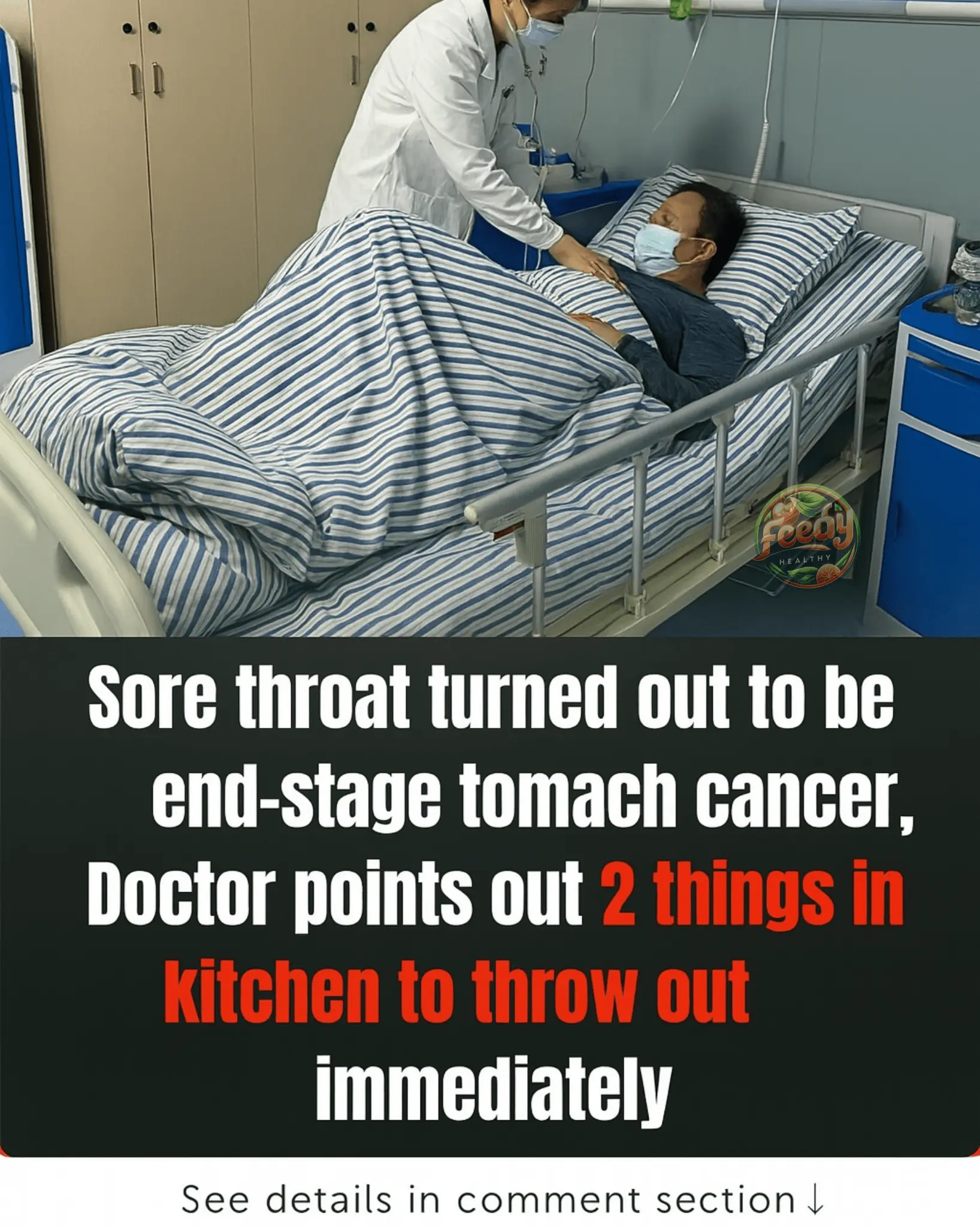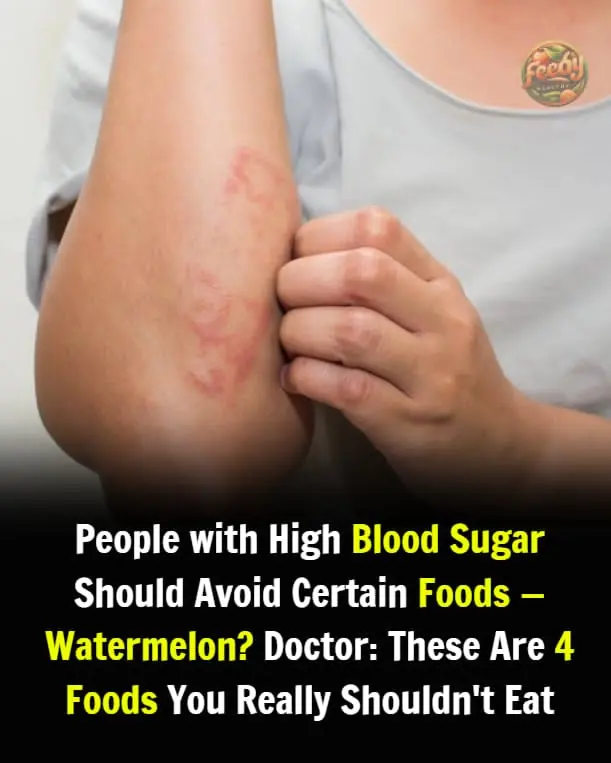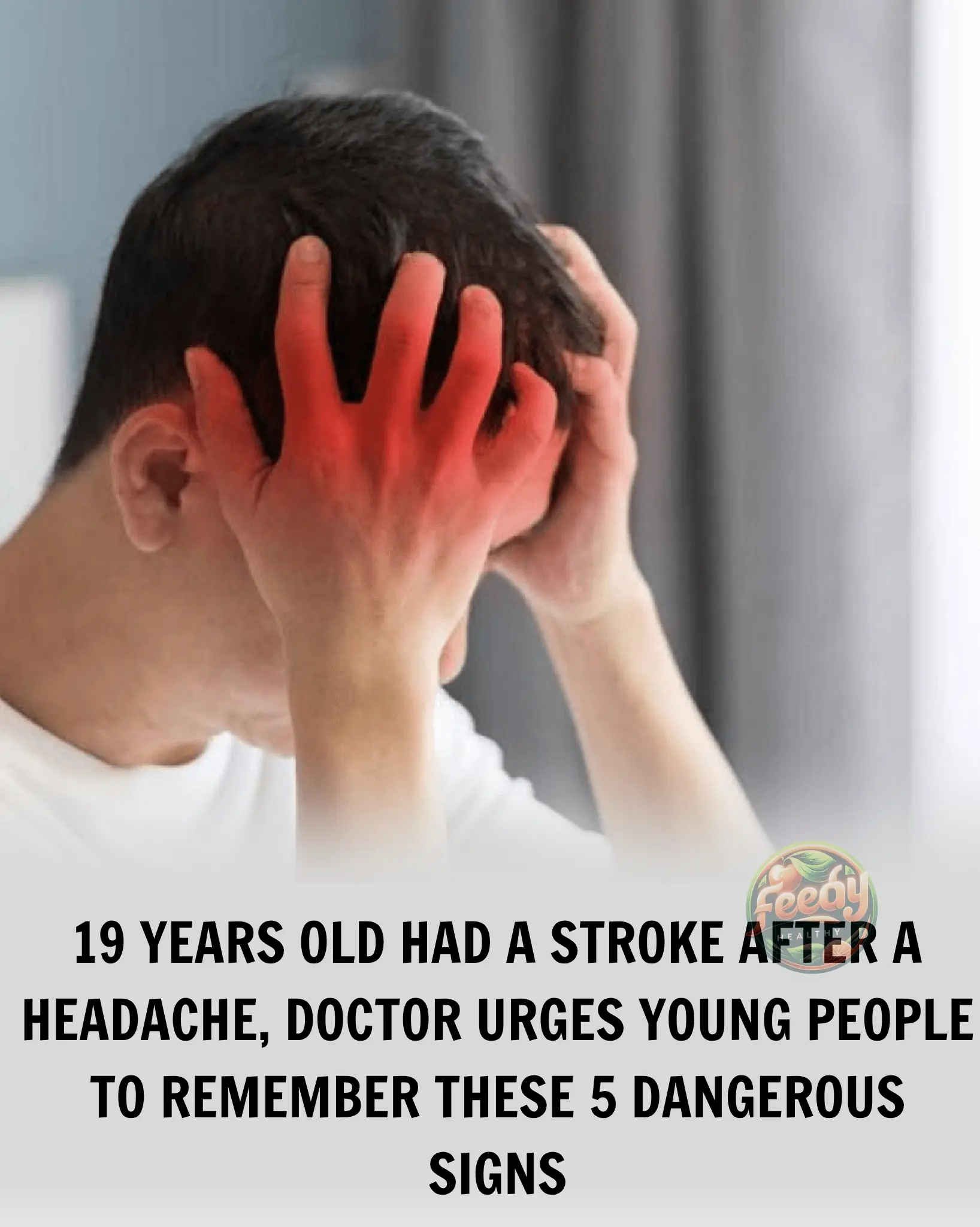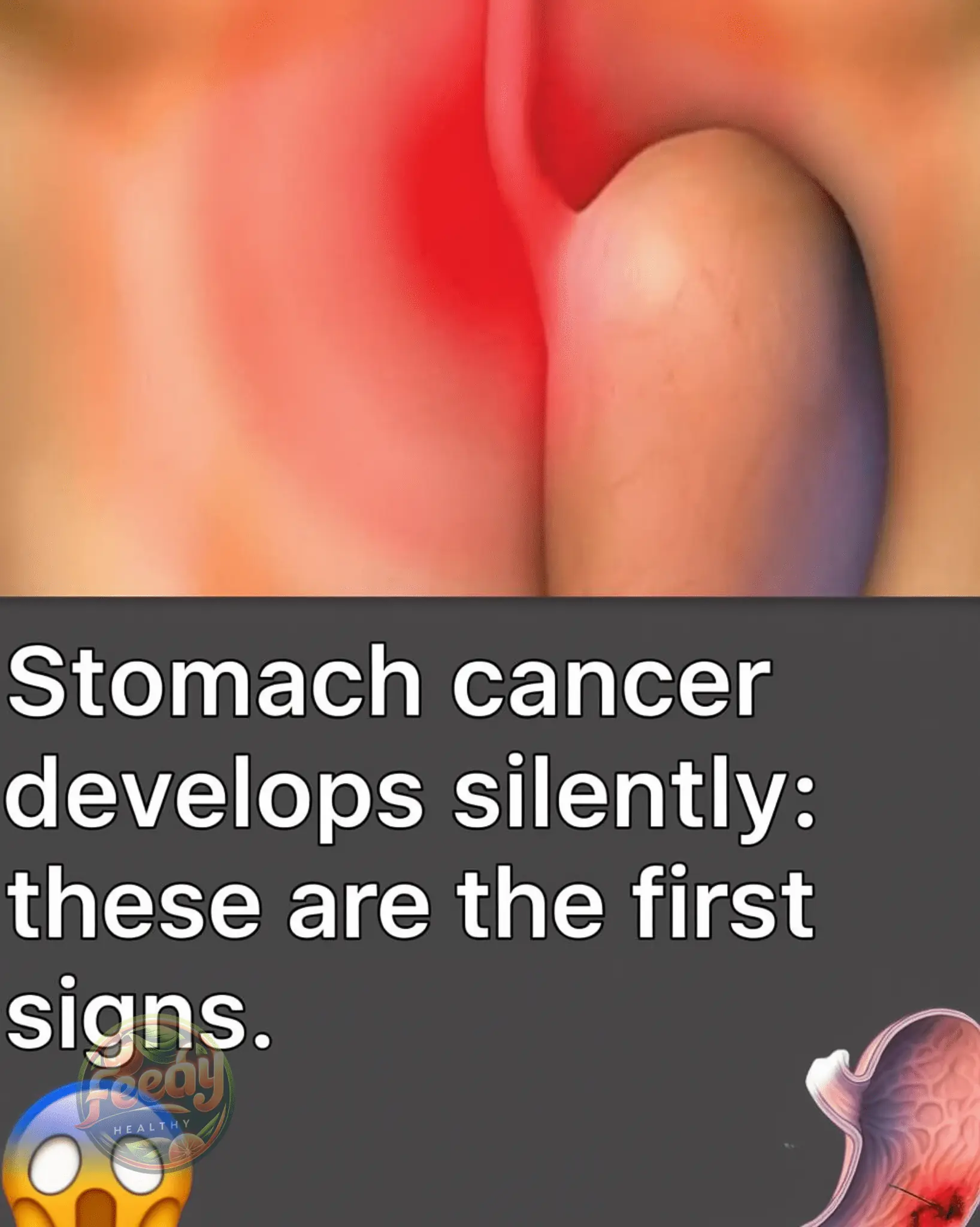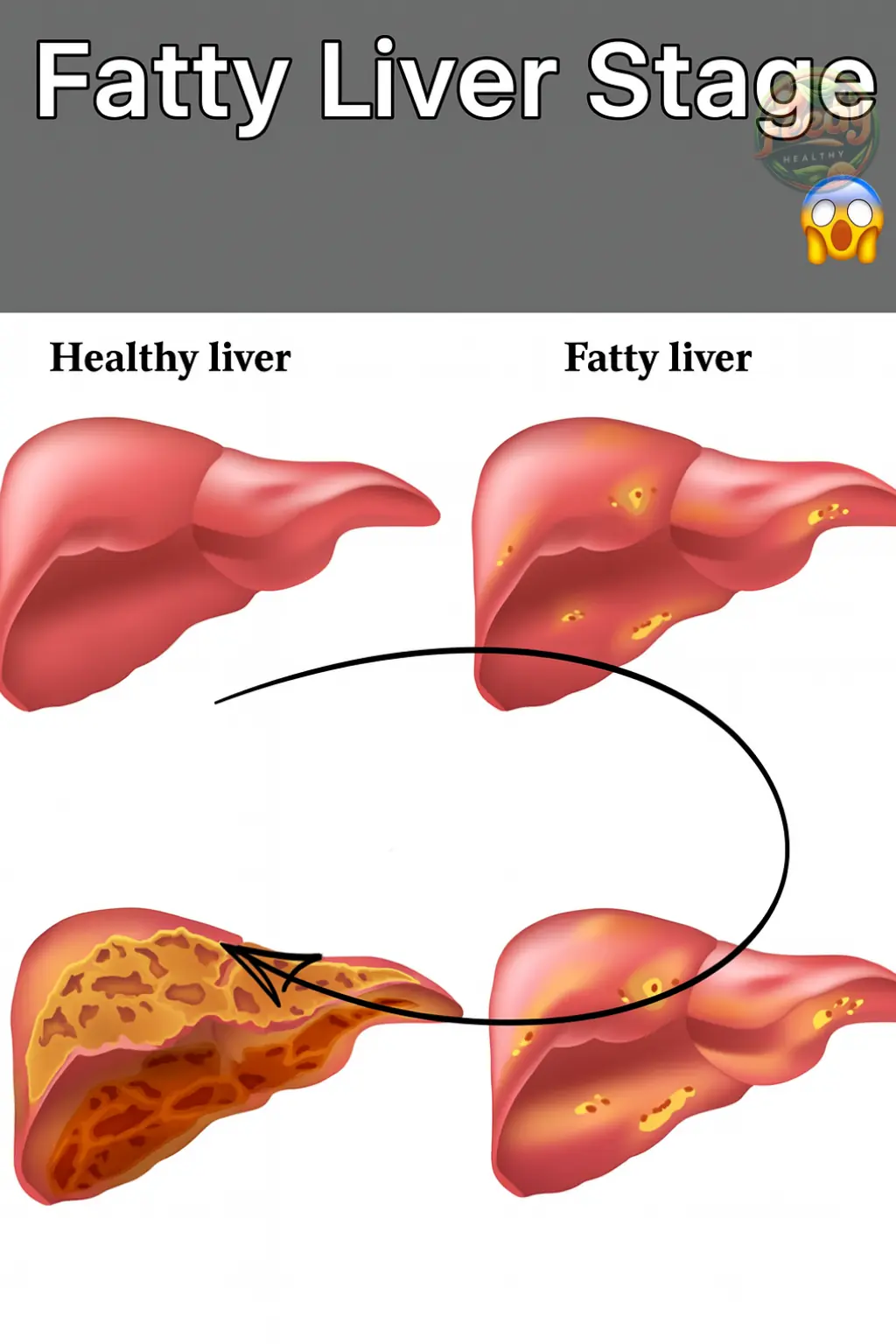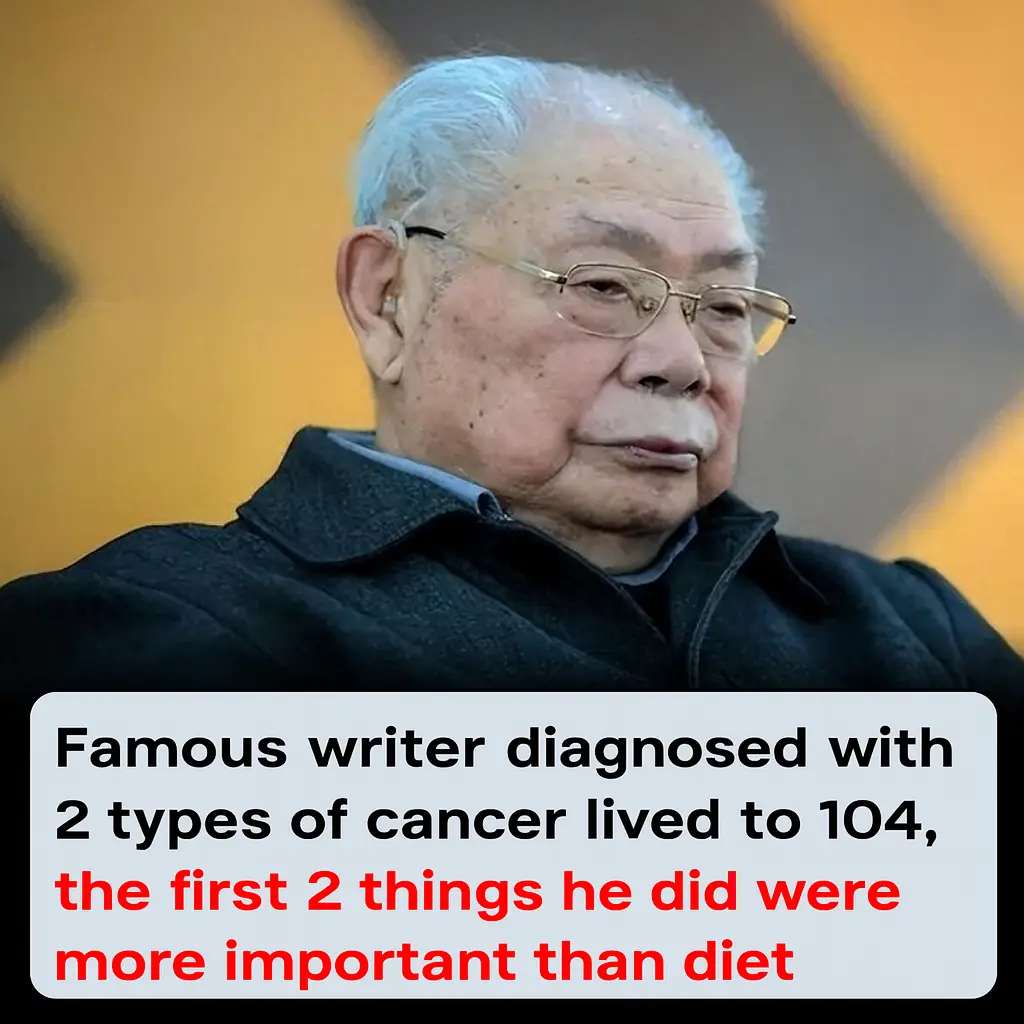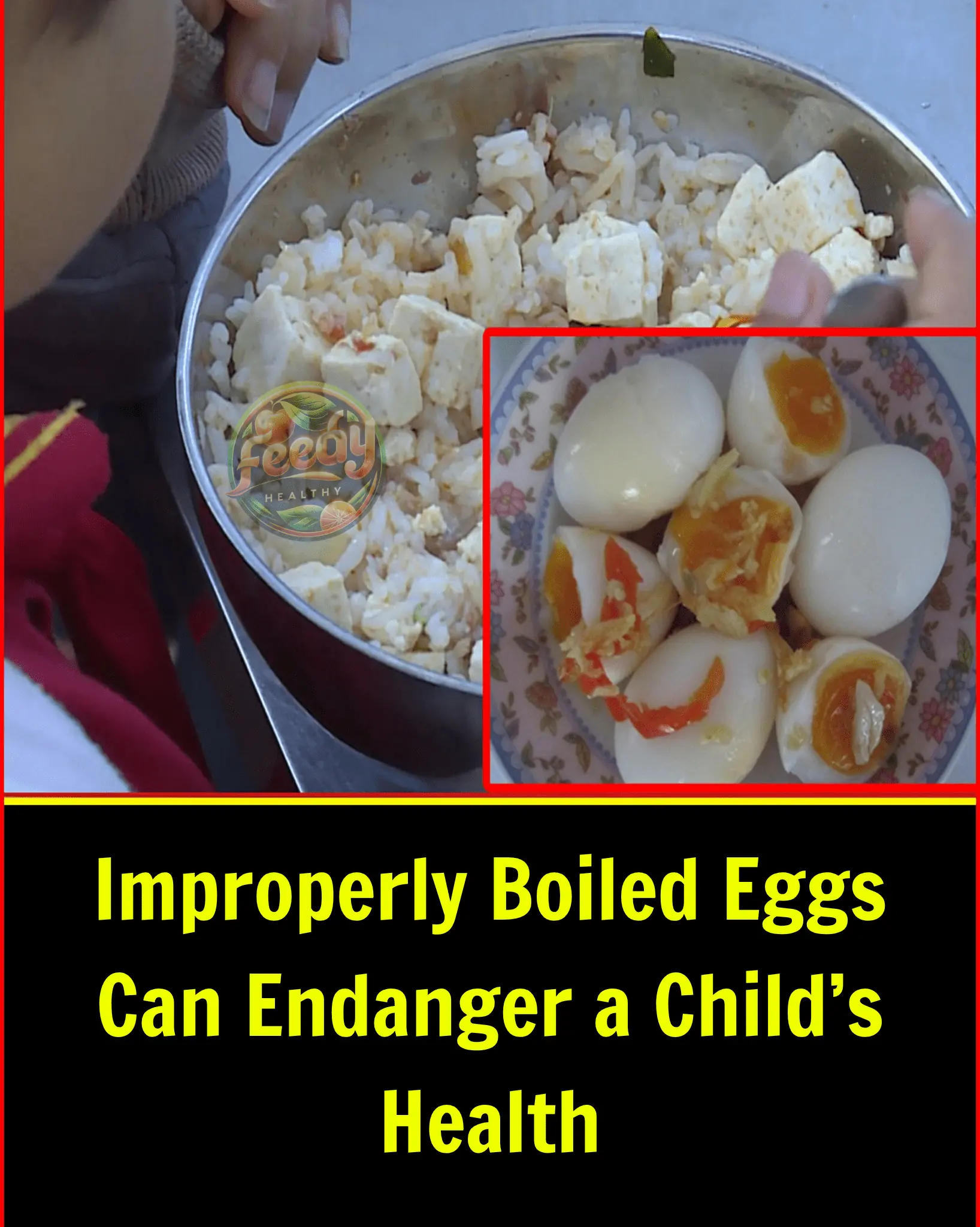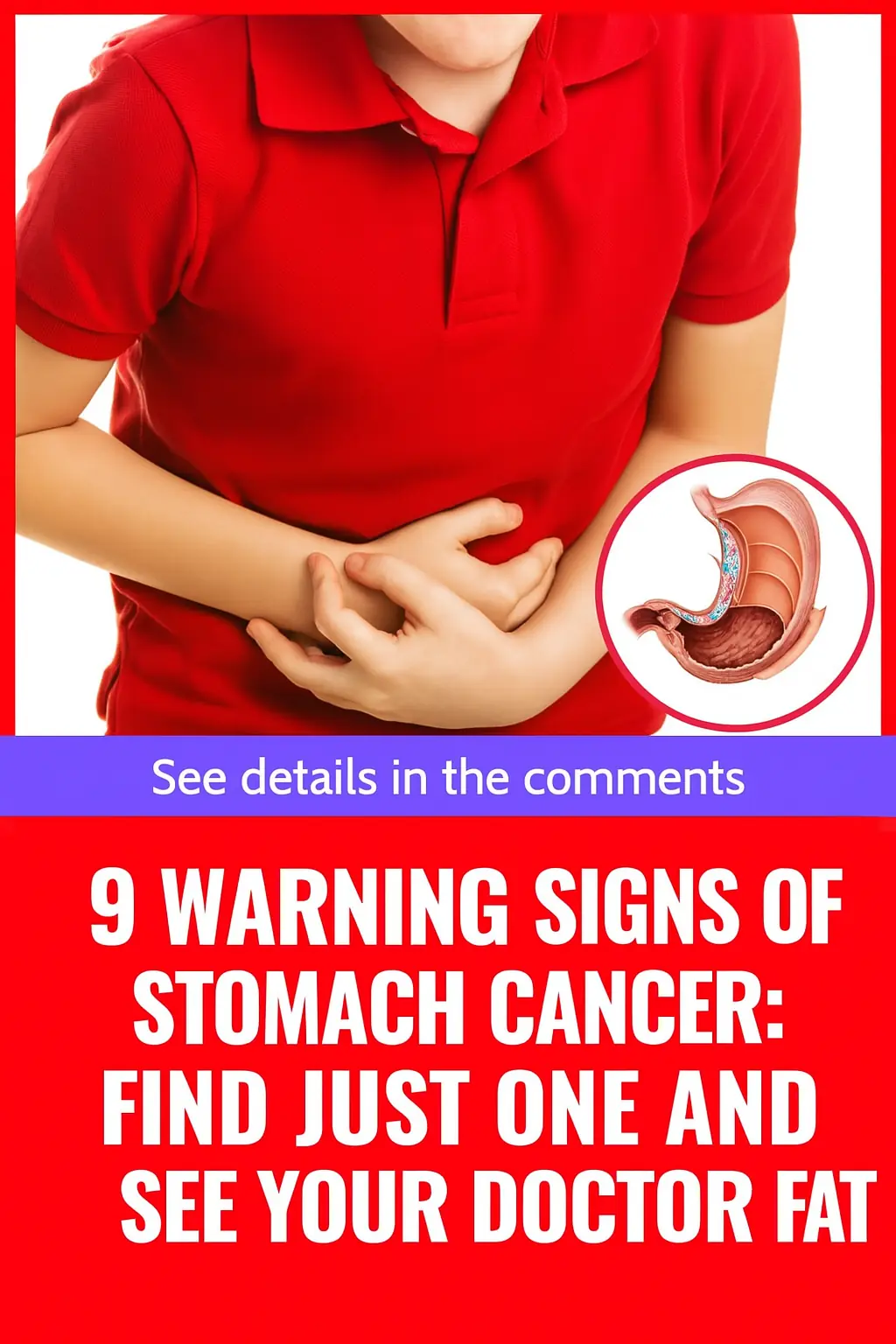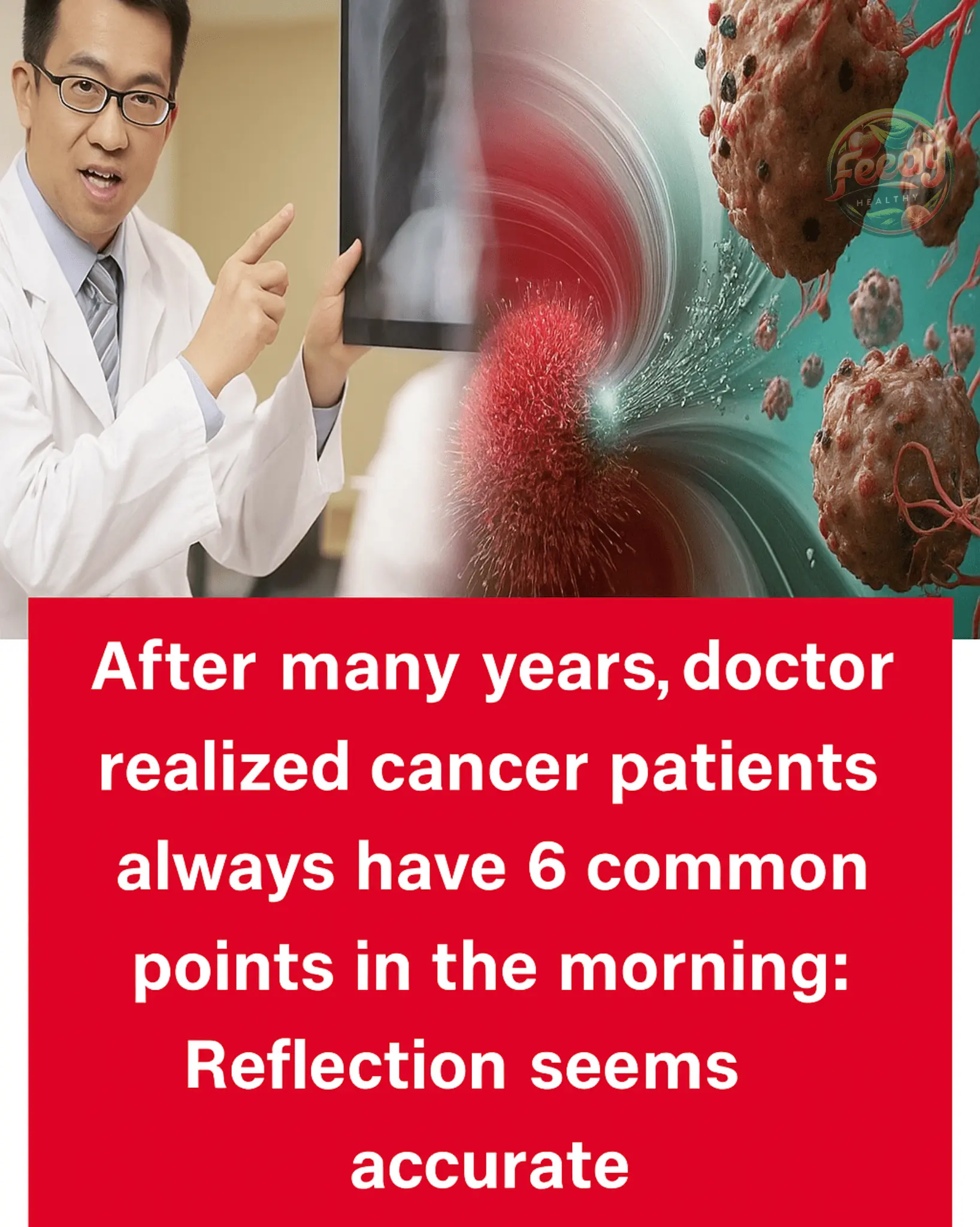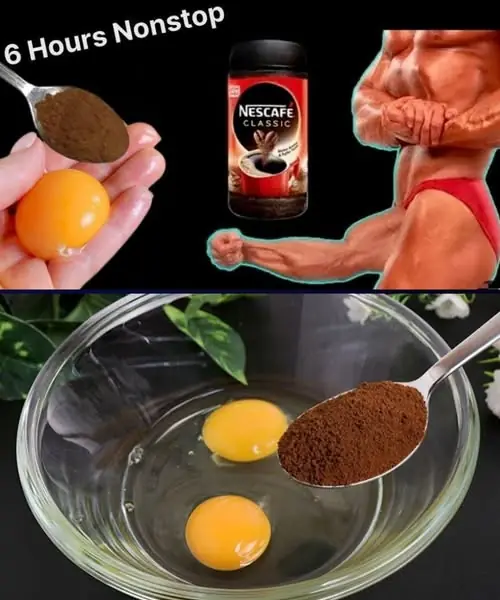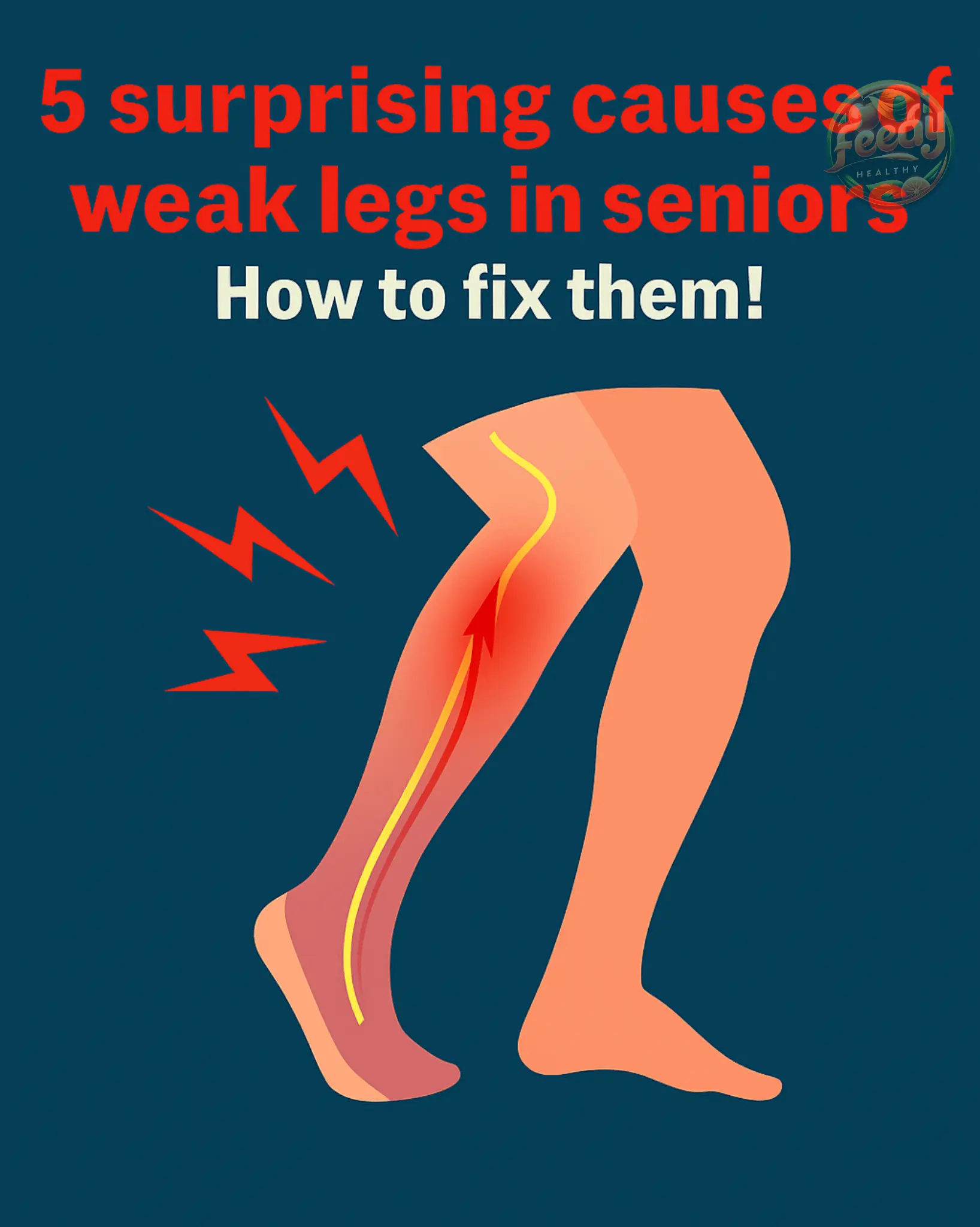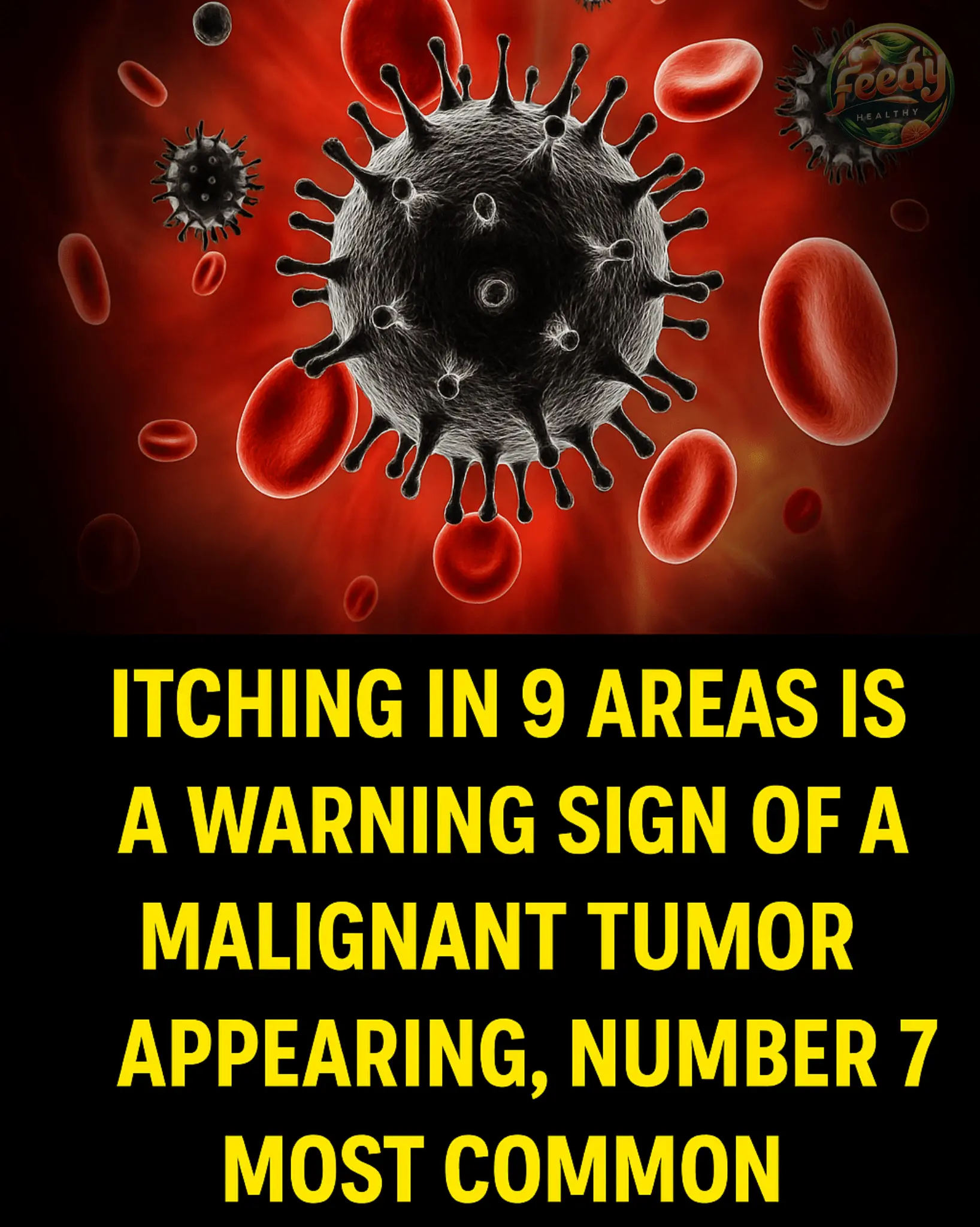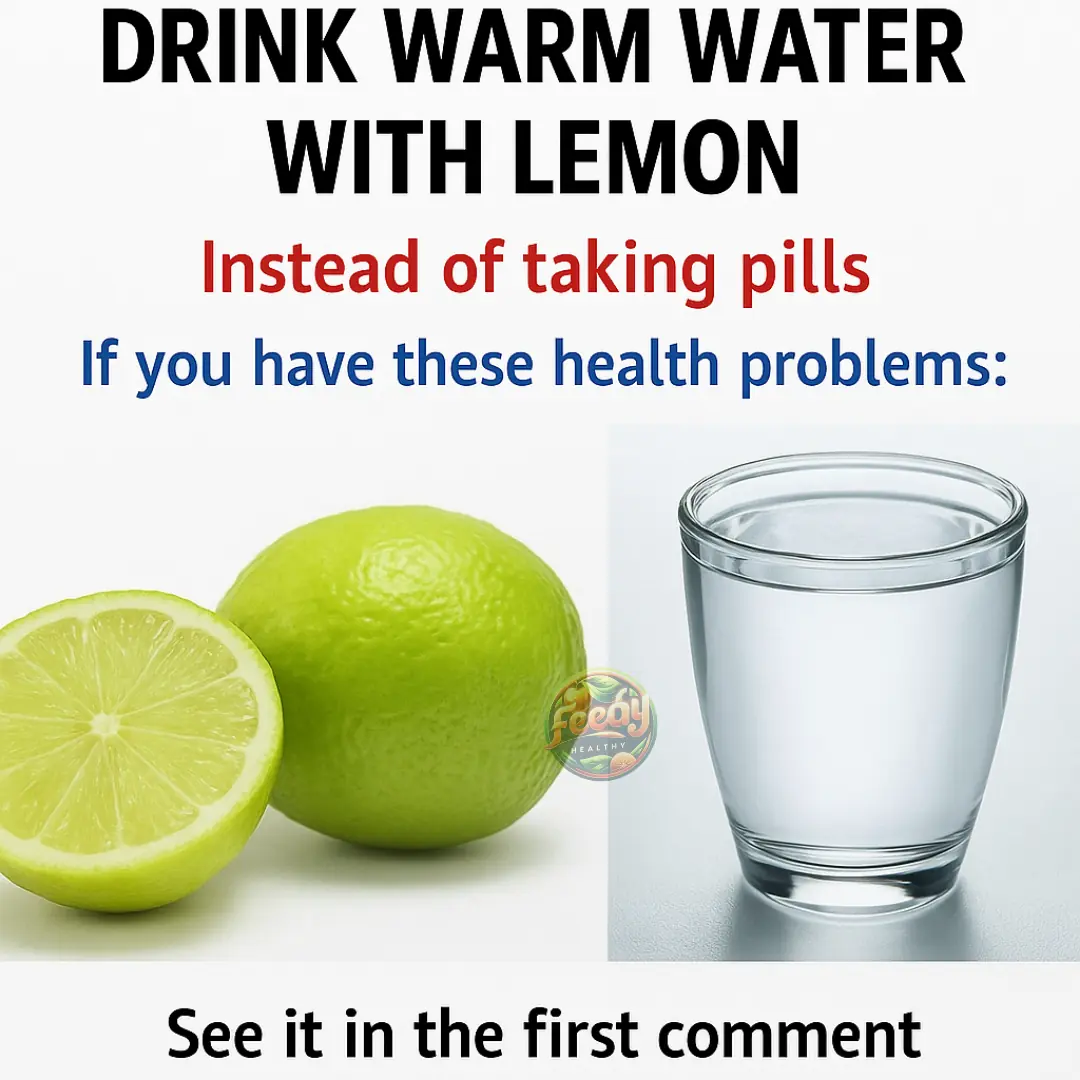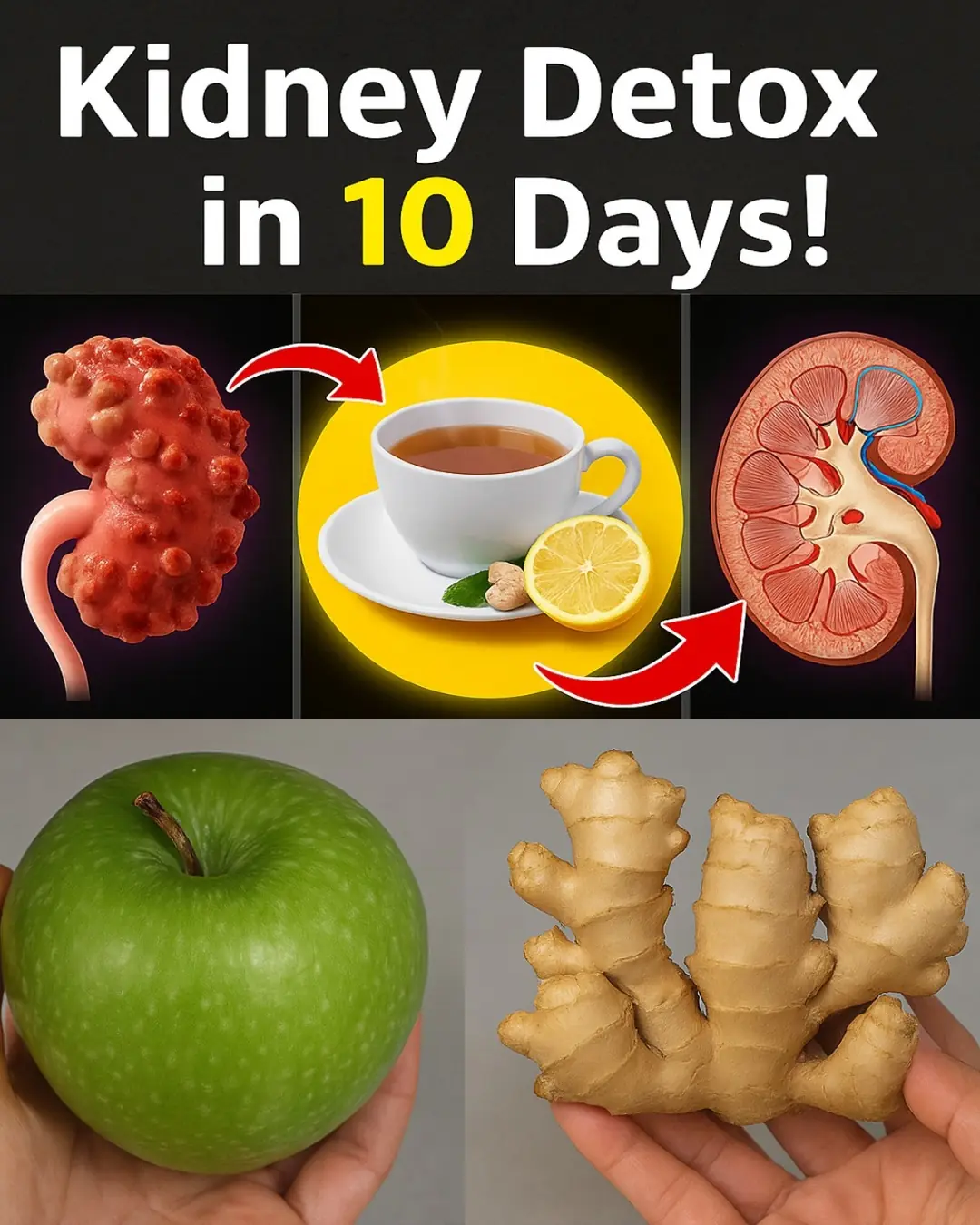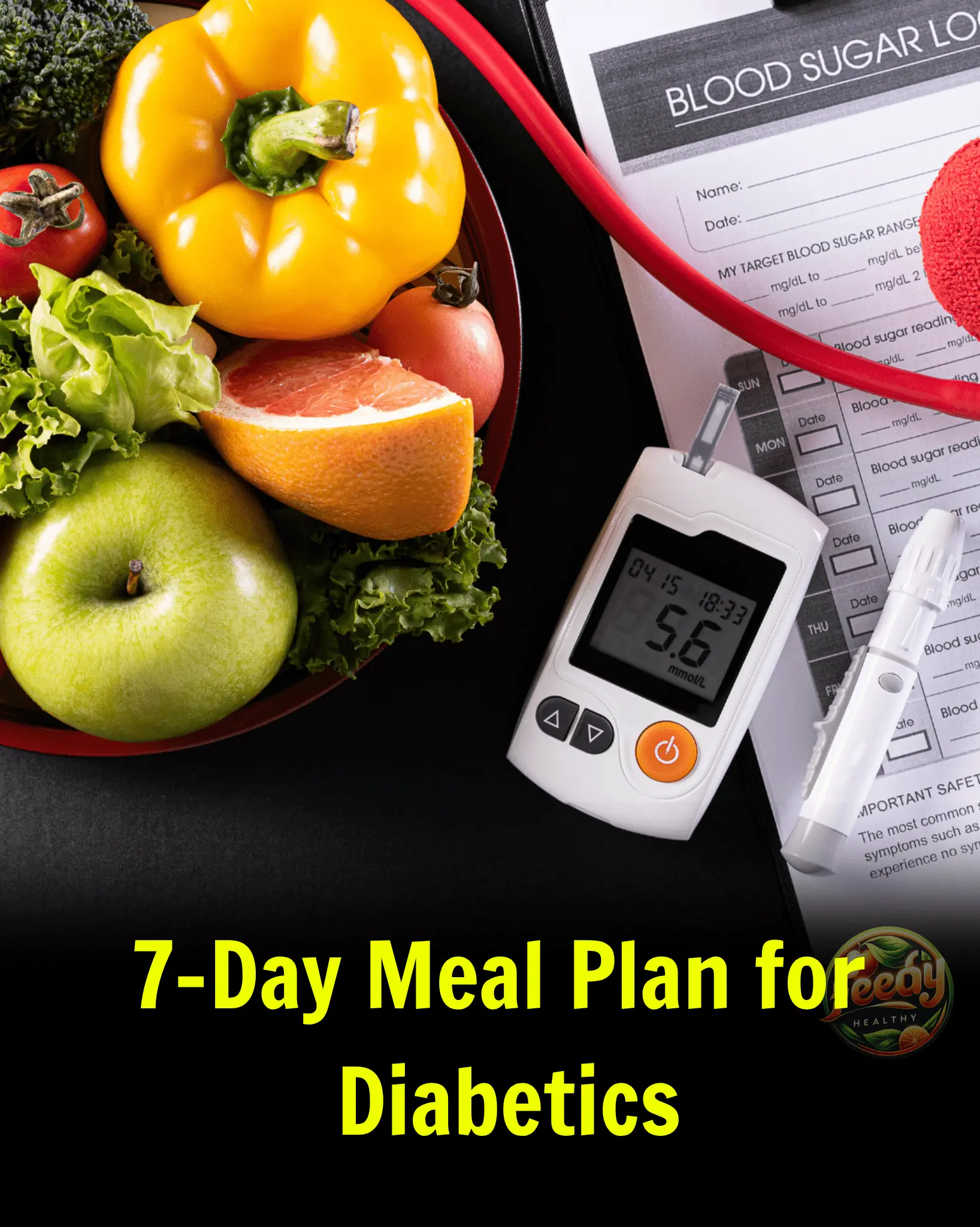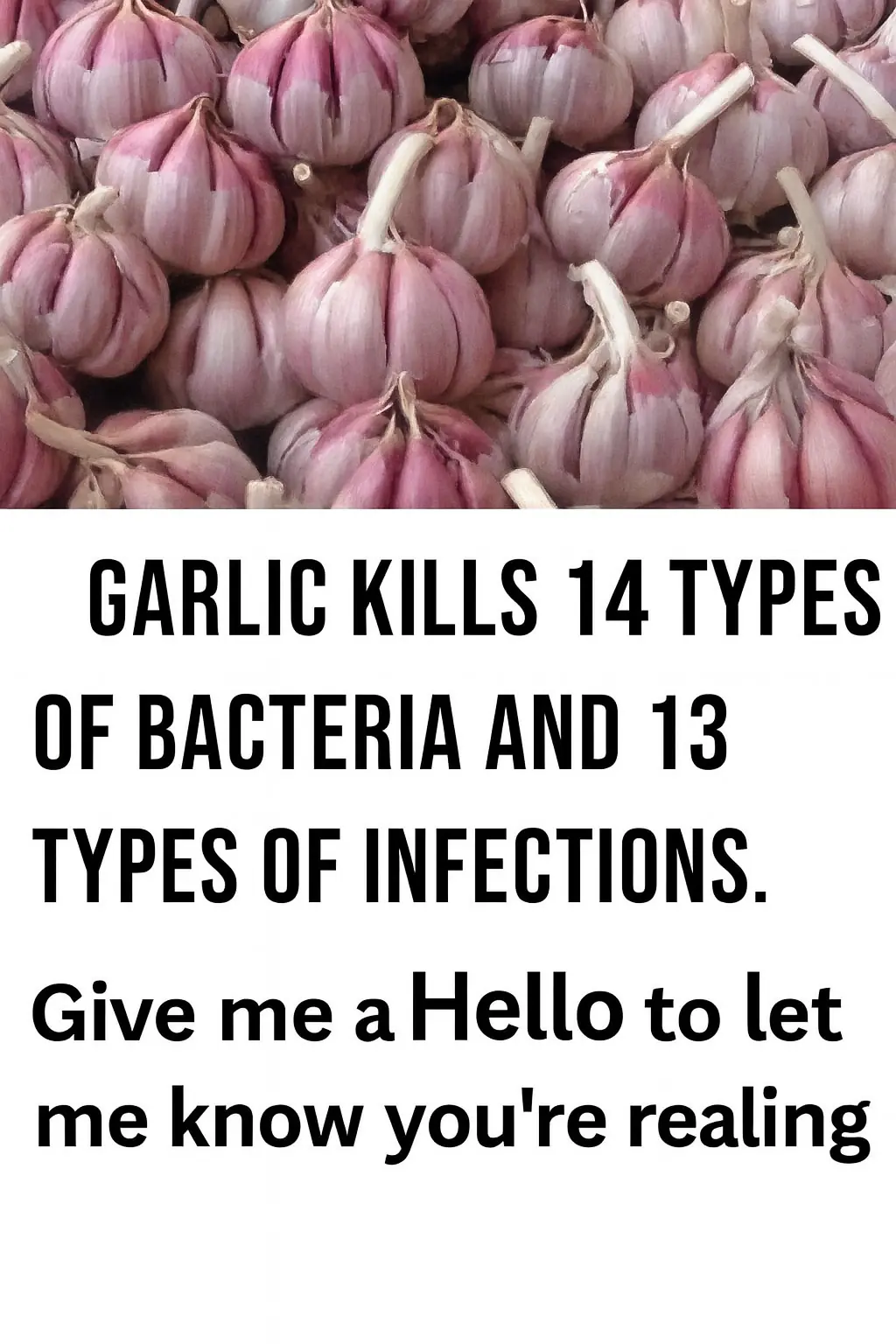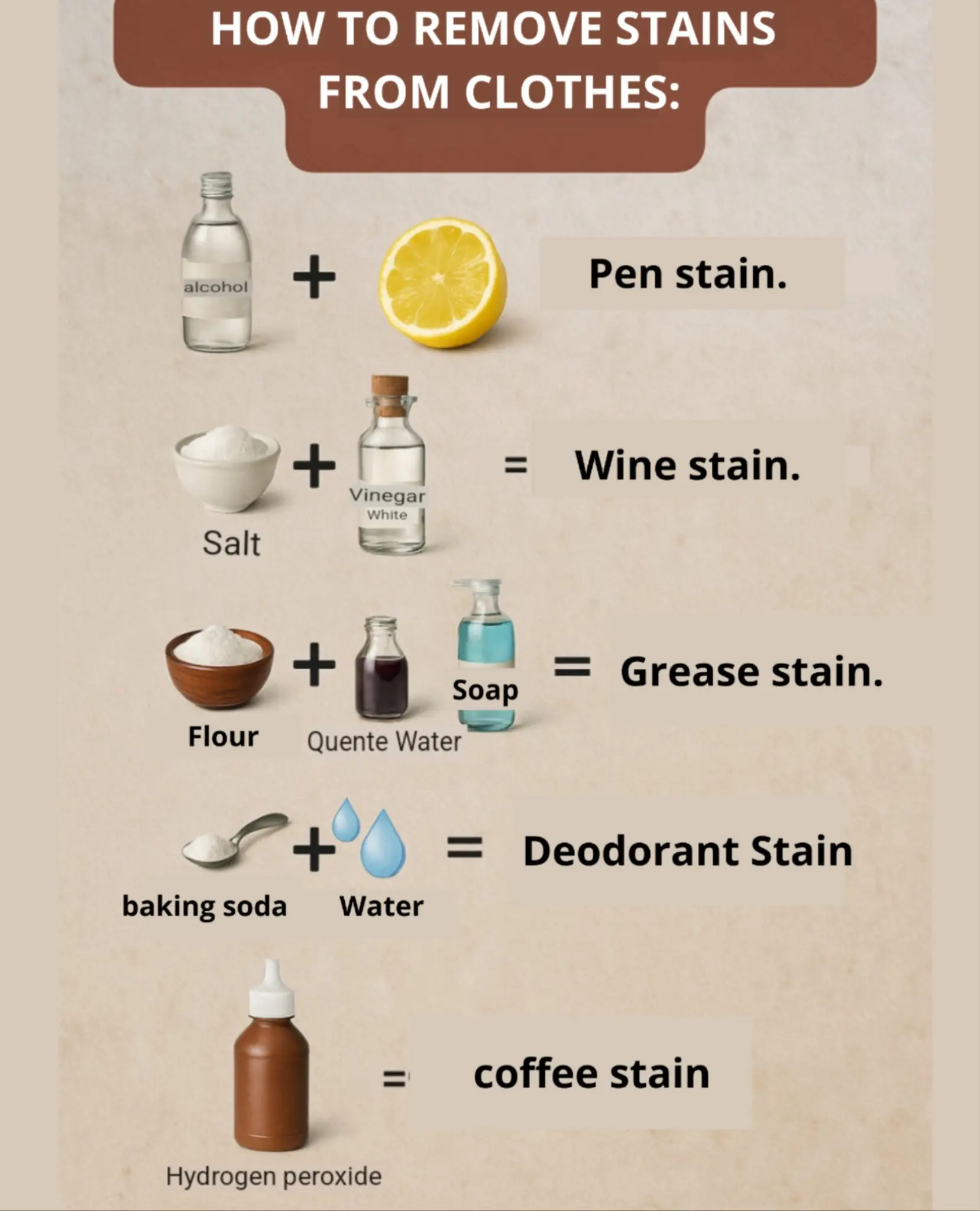Mr. Tran, 63 years old, lives in Taichung, Taiwan, China. A retired teacher, he always assumed the discomfort in his throat was related to his former profession that required constant speaking. Over the past month, the pain became more severe, but he still attributed it to the cold weather. It wasn’t until drinking water became difficult and he started losing weight due to eating problems that he finally agreed to see a doctor.
Dr. Yu Zhengzhan, Deputy Director of Tzu Chi Hospital in Taichung and a gastrointestinal surgeon, shared that Mr. Tran initially visited the ENT (ear, nose, throat) department. However, the doctors noticed abnormalities and referred him to the gastroenterology department. There, the difficulty swallowing—which he had mistaken as a minor sore throat—was diagnosed as a symptom of stage 4 stomach cancer. This is the final stage of the disease, where the tumor has metastasized to multiple areas and the prognosis is poor.
Upon receiving the news, Mr. Tran was in shock. At first, he refused to believe it, thinking the hospital had misdiagnosed him. Only after Dr. Yu personally explained everything did Mr. Tran break down in tears, accept the diagnosis, and return home to do something unexpected—he threw away all the salt and pickled vegetables in his kitchen. It turns out those two things were the main culprits behind his illness.
Why Eating Too Much Salt and Pickled Vegetables Increases the Risk of Stomach Cancer
According to Dr. Yu Zhengzhan, a high-salt diet is a leading cause of stomach cancer. Mr. Tran’s family confirmed that he had a very salty palate—so much so that he always kept a salt shaker next to him and would add more salt to every meal.
“The World Health Organization recommends a maximum of 5 grams of salt per day for adults,” said Dr. Yu. “Excessive salt intake damages the stomach lining, causes chronic inflammation and ulcers, and increases the risk of cancer. Salt also stimulates the production of free radicals, promoting cell mutations. Furthermore, a salty environment favors the growth of Helicobacter pylori, a bacteria strongly linked to stomach cancer. High salt consumption also encourages the formation of nitrosamines—potent cancer-causing compounds.”
Mr. Tran also loved pickled vegetables, especially quick pickles. These foods are especially dangerous when consumed frequently because they contain nitrosamines. Incompletely fermented pickles still contain high levels of nitrites, which can combine with amines in the stomach to form nitrosamines. The high acidity from pickled vegetables irritates the stomach lining, leading to chronic inflammation and cellular damage. Moreover, improperly prepared pickles may harbor harmful bacteria or mold, further raising the cancer risk. Frequent consumption also disrupts the balance of gut microbiota.
Be Aware of Stomach Cancer Symptoms
Regarding Mr. Tran’s difficulty swallowing, Dr. Yu explained:
“In the later stages of stomach cancer, tumors can grow large enough to press against or narrow the esophagus or the cardia (upper part of the stomach), making it hard for food to pass through. This results in pain or difficulty swallowing. In addition, ulcers caused by cancer increase the burning sensation during eating. Impaired stomach motility also contributes to this symptom.”
In addition to difficulty swallowing, Dr. Yu noted other symptoms of stomach cancer that should not be ignored:
-
Epigastric Pain: A dull ache, burning sensation, or heaviness in the upper abdomen.
-
Nausea and Vomiting: Often occurring after meals and may include vomiting blood in advanced cases.
-
Unexplained Weight Loss: Caused by loss of appetite and poor nutrient absorption.
-
Bloating, Indigestion, Early Satiety: Feeling uncomfortably full even after small meals.
-
Dark or Bloody Stool: A sign of gastrointestinal bleeding due to damaged stomach lining.
-
Anemia and Fatigue: Caused by chronic blood loss or nutrient malabsorption.
-
Bad Breath and Persistent Acid Reflux: Related to food and gastric fluid stagnating in the stomach.
Early Detection is Key to Successful Treatment
Therefore, if you experience any of the symptoms listed above, seek medical attention immediately. Early detection can significantly improve treatment outcomes.
